Demo Permits Filed for Historic Abolitionist House on Duffield Street in Downtown Brooklyn
In 2007, a brick building in Downtown Brooklyn with a connection to the abolitionist movement was saved from eminent domain. Now, in a shocking twist, it might be demolished.

Photo by Susan De Vries
In 2007, a brick building in Downtown Brooklyn with a connection to the abolitionist movement was saved from eminent domain. Now, in a shocking twist, it might be demolished.
Demo permits were filed on June 5 for the home at 227 Duffield Street. An eviction notice, listing Matthew Lee, Jane Doe and John Doe, is currently at the site.
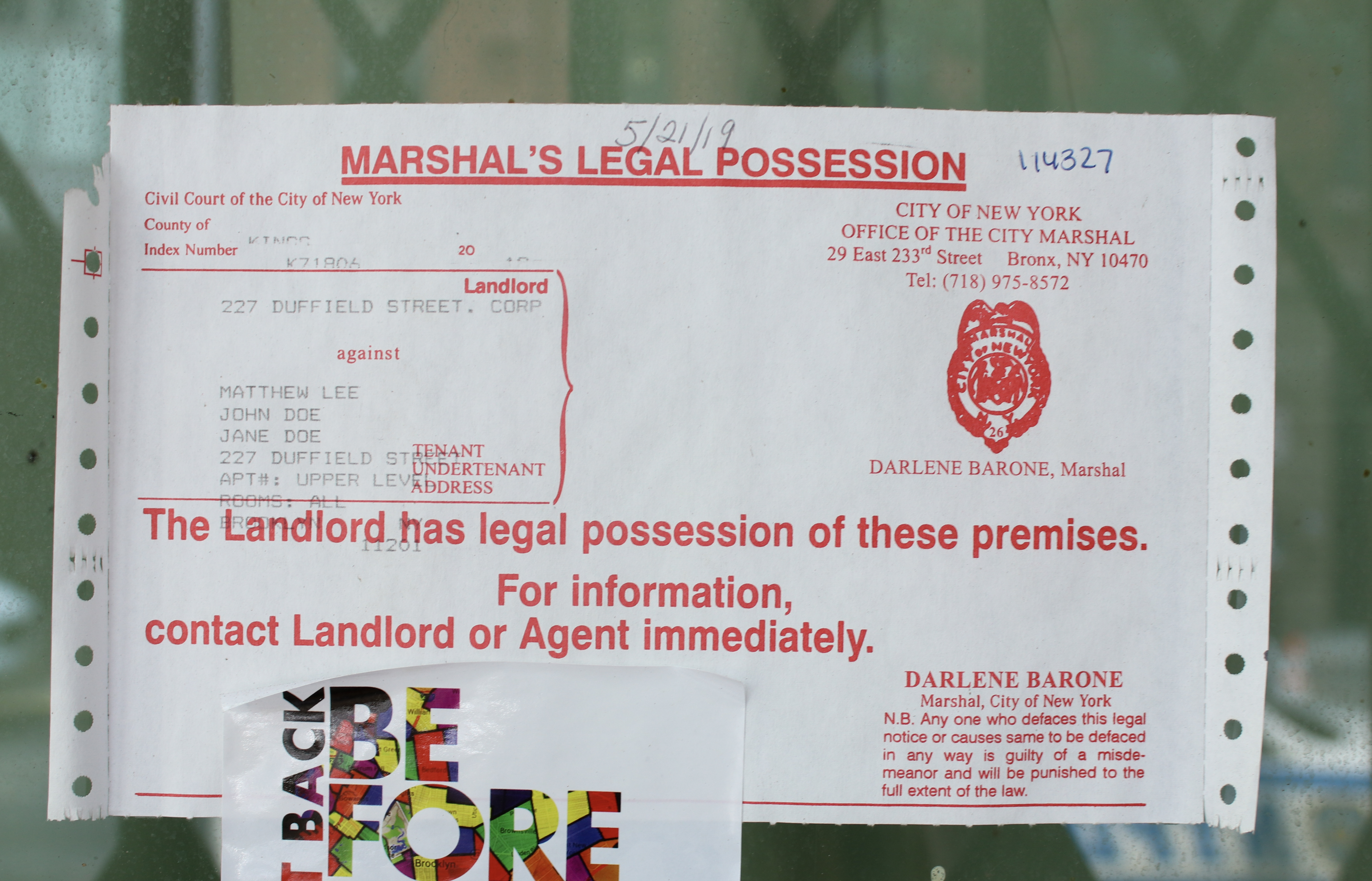
A 2007 research report by AKRF says that archival documents suggest the property may have been constructed circa 1848-1850. A wood extension in the front was replaced with a brick extension sometime in the early 20th century. The house was owned by Thomas and Harriet Lee-Truesdell, prominent abolitionists of that era.
Meanwhile, last week Brooklyn-based criminal justice nonprofit Circle for Justice Innovations started a petition on Change.org calling for the building to be landmarked, and has support from local pols.
This is the latest in what has been a mountain of controversy over the property. In 2004, the city announced, as part of their Downtown Brooklyn Redevelopment Plan, that it was planning on taking the property via eminent domain and razing it to make room for the controversial Willoughby Park, which just opened a pop-up version of the planned green space this past weekend.
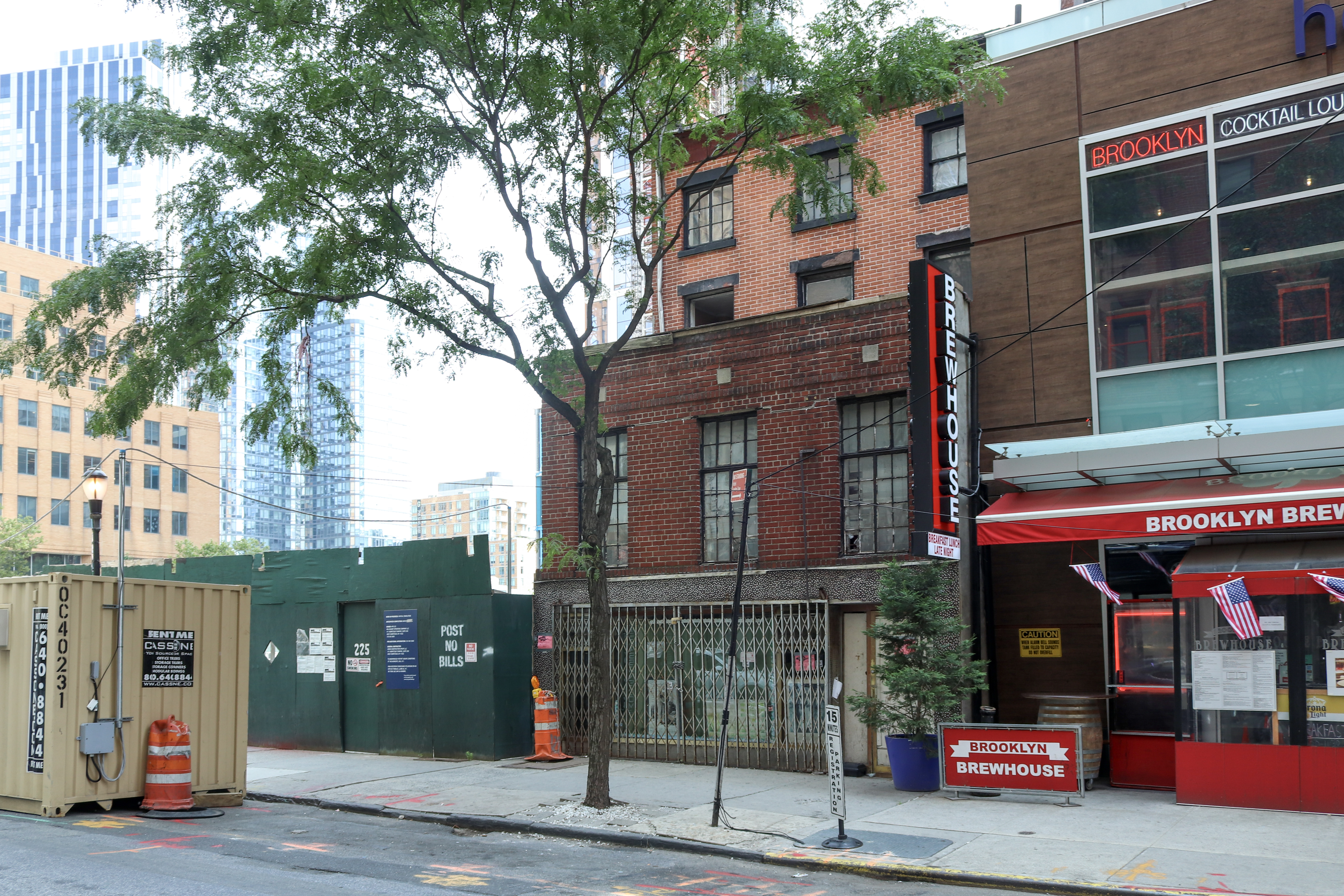
At the time, former Council Member and current New York Attorney General Letitia James fought the city’s efforts, calling the Economic Development Corp. “an agency that has no oversight and does not take social or historical impacts into consideration.”
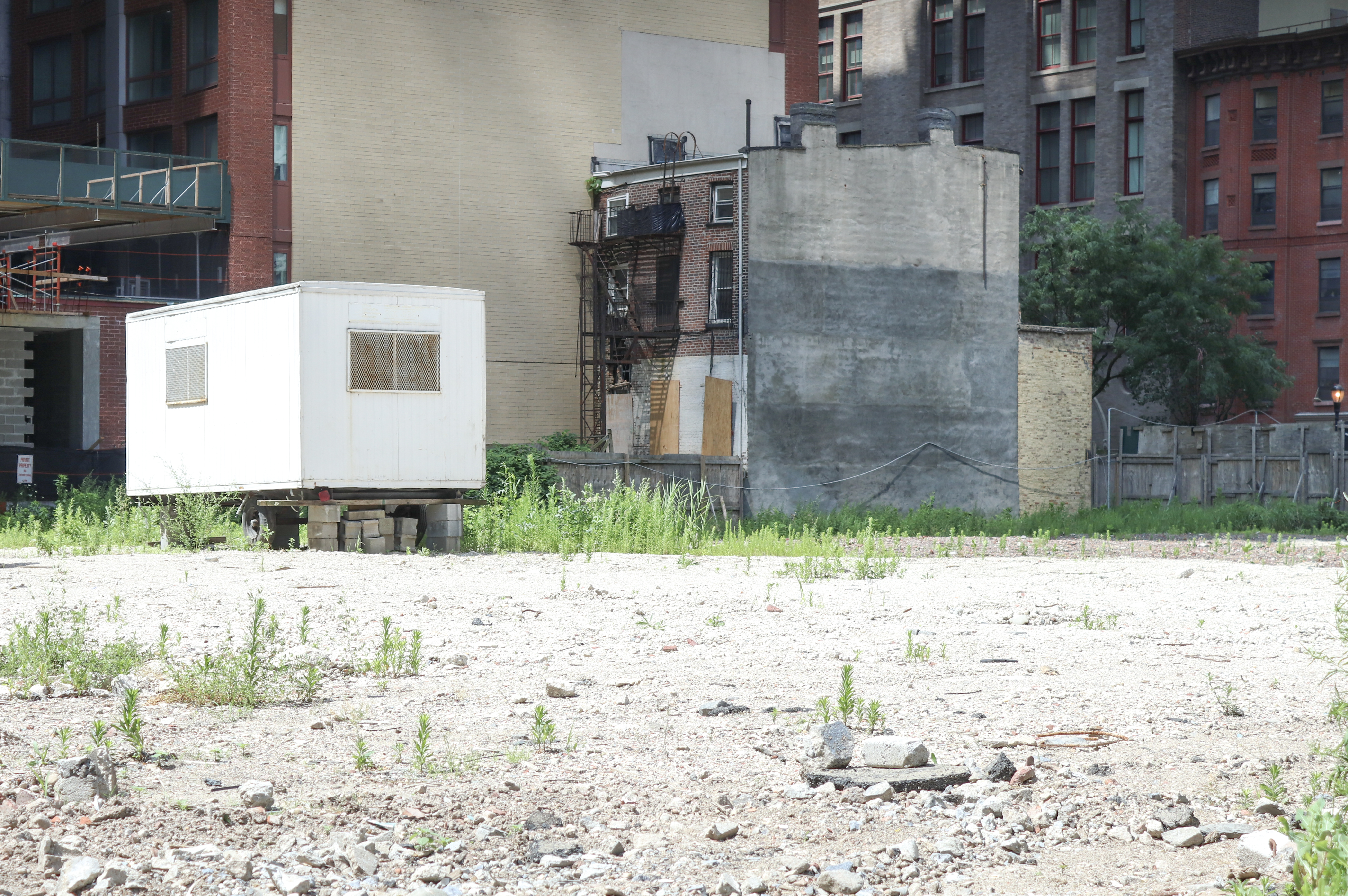
After much protestation and a lawsuit filed by South Brooklyn Legal Services on behalf of one of the owners, Joy Chatel (known to people in the neighborhood as Mama Joy), and FUREE (Families United for Racial and Economic Equality), the city backed away and agreed to a settlement in 2007 that said they would not take the home via eminent domain. In September 2007, Duffield Street between Willoughby and Fulton was renamed Abolitionist Place.

But no other protections were offered. Adding to this, for over a decade, there has been a tangled history of ownership. Joy Chatel, one of the defendants in the lawsuit, was not actually the sole owner of the house by the time it was filed. In 2004, Chatel signed the deed over to her mother, Arnelda Monroe, who in turn sold a 50 percent interest in the building to investor Errol Bartholomew in 2005 to avoid foreclosure.
The current owner is Samiel Hanasab. On the demolition permit, Yuval Golan is listed as the owner, but in an email said he only works for Hanasab. Hanasab has been buying the property in stages from the various owners — an entity called 227 Duffield Street Corp. paid Bartholomew $439,000 in 2015; Monroe sold her piece for $149,000 in 2017. These are low figures for property in Downtown Brooklyn, which can trade in the millions.
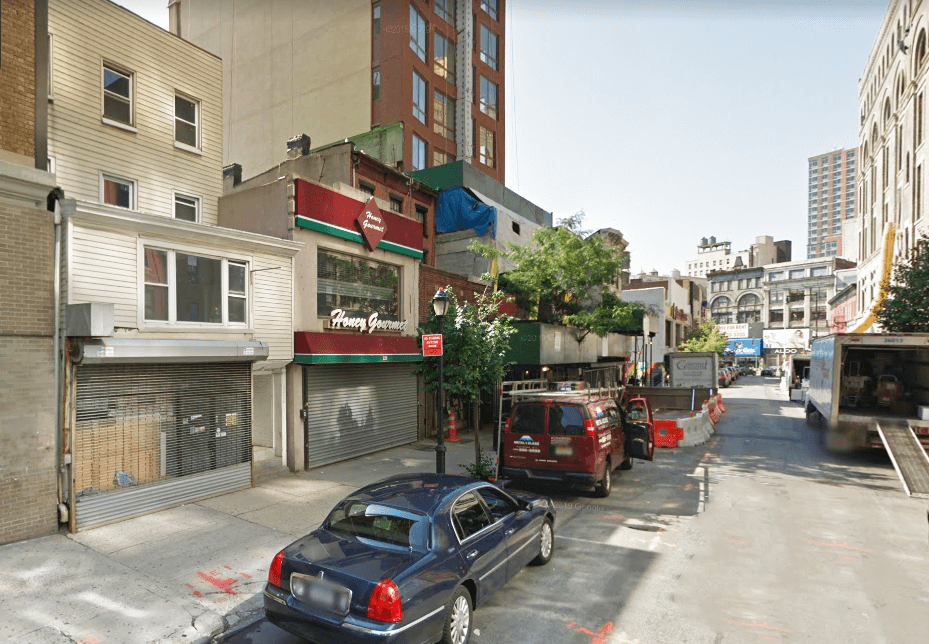
Chatel passed away in 2014. But a plan she once had to turn the house into an abolitionist museum may survive her.
What the new owner intends for the property if demolished is not yet known. Golan is behind the demolition of a former notable Italianate villa on Clinton Avenue in Clinton Hill and has been in the news for prior real estate dealings. According to the New York Post, a lawyer for an 84-year-old woman named Evelyn Popalardo filed a suit against Golan and Bapaz Aderet Properties Corp in 2010 after her son sold her Sunset Park home to the developer for $6,000.
The same year, an action was brought against both Golan and Hanasab over their purchase of a home at 27 Chester Court in Prospect Lefferts Gardens. A guardian for the owner, Vita Vaughn, alleged that Golan and Hanasab “withheld funds due Vaughan from the sale of her house” and “joined together in a fraud to deprive her of her property, resulting in their unjust enrichment,” according to court documents.
More recently, Our Time Press published a story that put scrutiny on Golan’s purchase of a brownstone located at 591 Carlton Avenue in Prospect Heights for $50,000 following the death of its owner.
Hanasab, reached via his lawyer, did not provide comment before publication.
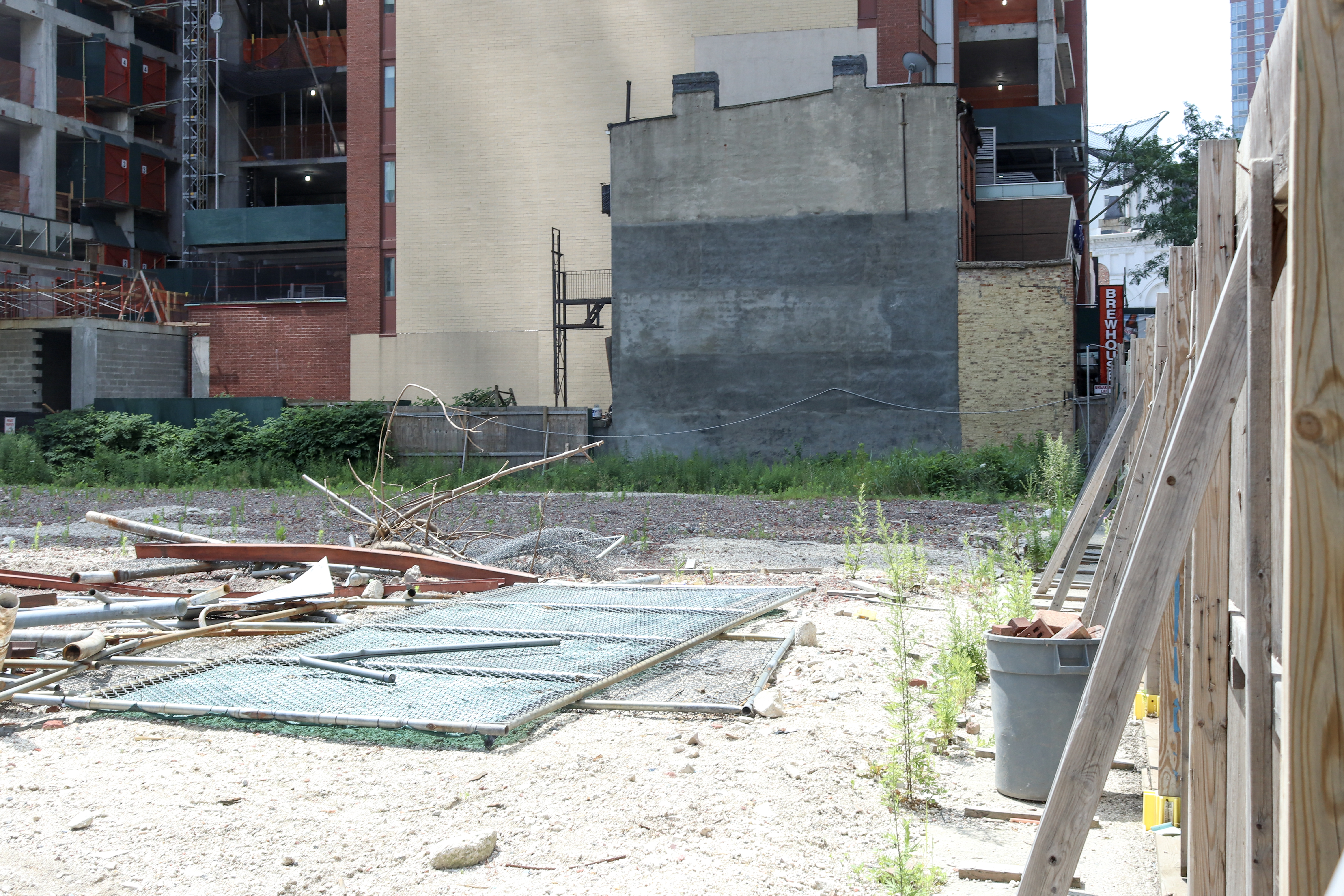
Many hope it is not too late to save the property. “With a lack of African American historical sites in Brooklyn, we cannot stop at the installation of statues recognizing historical figures,” states the Change.org petition, which has 792 signatures as of this writing. “We must also work to preserve the physical movements of our ancestors. 227 Duffield Street was home to two prominent African American Abolitionists who were friends of and hosted William Lloyd Garrison. The property embodies the role Brooklyn and New York City played in the Abolitionist movement at a time when the Fugitive Slave Act was the law of the land. We cannot allow such an invaluable piece of our history to be erased.”
The petition is directed at the Landmarks Preservation Commission and LPC Executive Director Lisa Kersavage, New York District Attorney and Clinton Hill resident Letitia James and Mayor de Blasio. Back in 2007, the LPC said they would not support the preservation of the building or other homes on the block with abolitionist histories. Robert Tierney, at the time the chair of the LPC, said that the property would “be better served by the program of memorialization.”
But LPC is revisiting the matter. “The Landmarks Preservation Commission received a request to evaluate 227 Duffield Street as a potential landmark and it is currently under review,” an LPC spokesperson confirmed in an email.
Council Member Stephen Levin, whose district includes 227 Duffield Street, fully supports a designation and reached out to the LPC about it, a representative for the councilman told Brownstoner. Levin tweeted his support last week. Assemblywoman Jo Anne Simon and Congresswoman Nydia Velázquez also support landmarking, according to a News12 story.
FUREE organizer Mike Higgins told Brownstoner the group hopes the new owner can be persuaded to save the building and “do justice to its status in the history of not only this city but this country.”
“We are hoping to keep the dream of Joy Chatel alive,” he said.
In a not-so-weird coincidence, construction continues just across the street on Willoughby Park, where the city plans a “permanent public artwork commemorating the abolitionist history of the neighborhood.”
[Photos by Susan De Vries unless noted otherwise]
Related Stories
- BREAKING: 227 Duffield Saved From Eminent Domain Death
- Vacant Architectural Curiosities on Duffield Street Change Hands With Forest City Ratner Merger
- LPC Turns Its Back on Underground Railroad Houses
Email tips@brownstoner.com with further comments, questions or tips. Follow Brownstoner on Twitter and Instagram, and like us on Facebook.


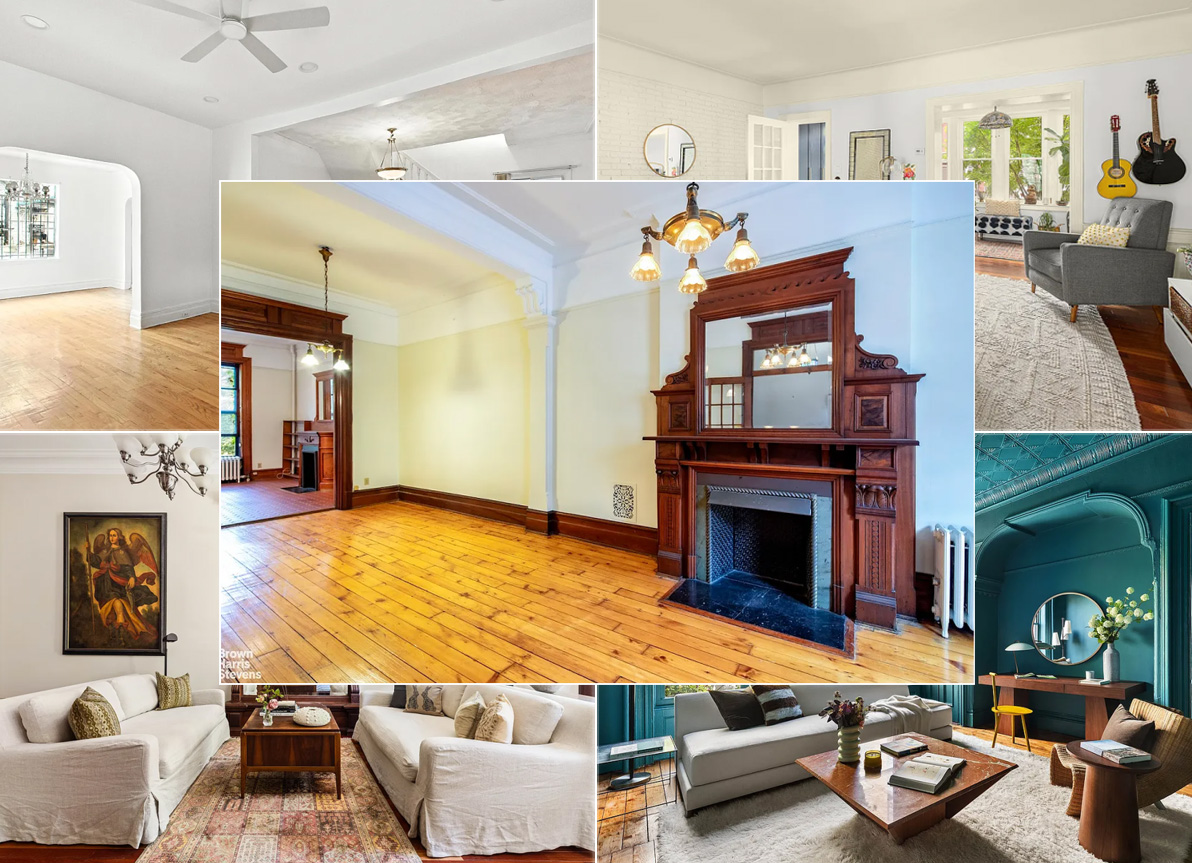
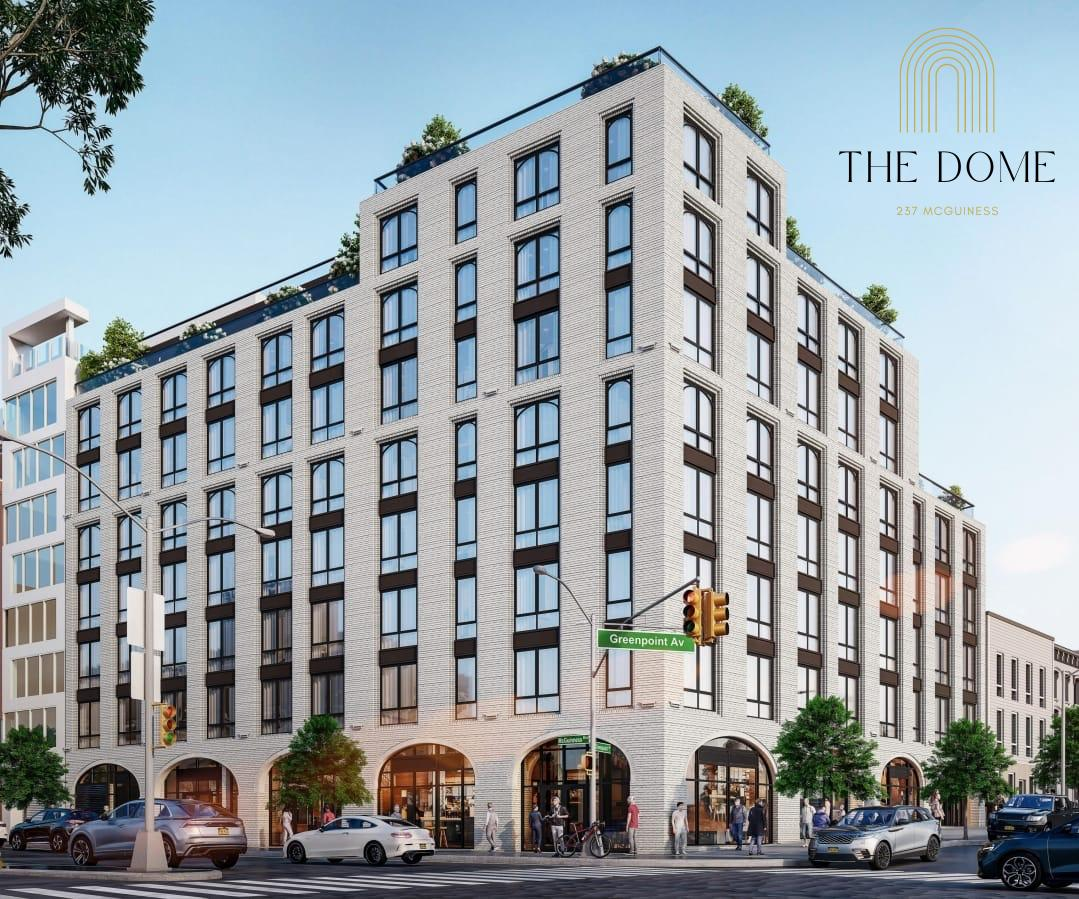
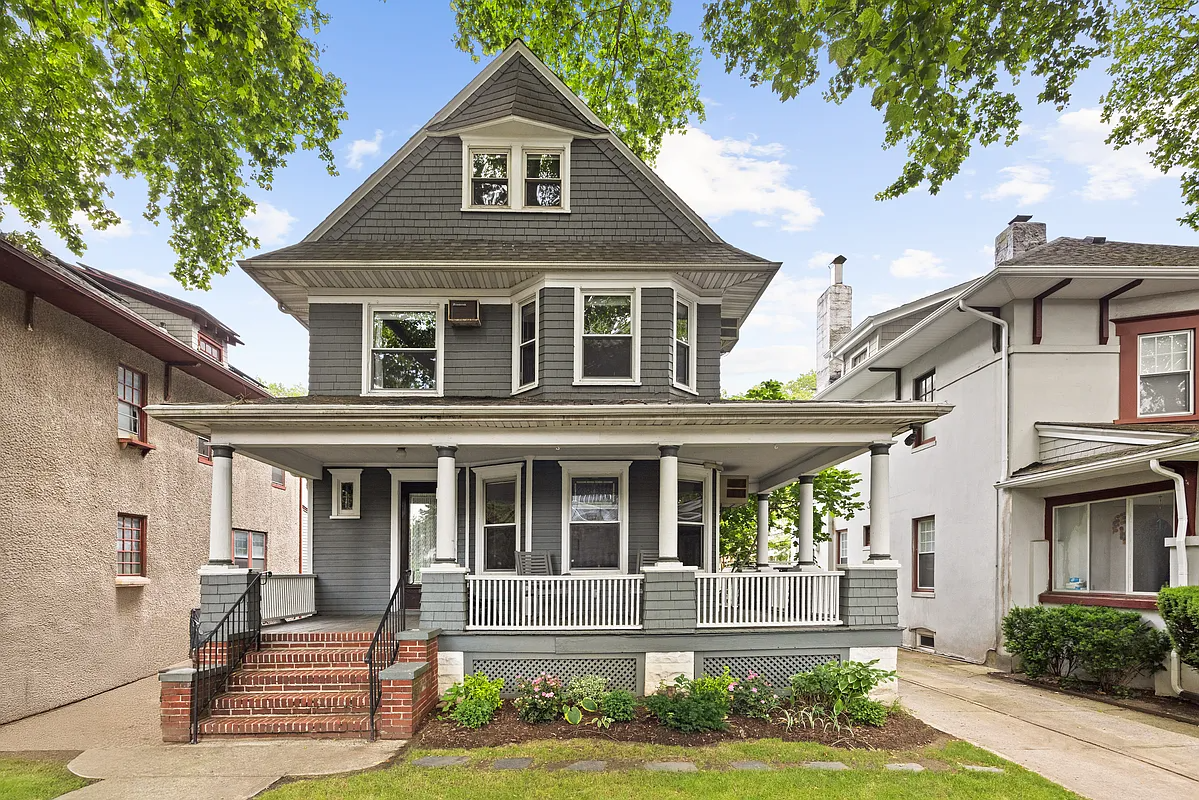
What's Your Take? Leave a Comment